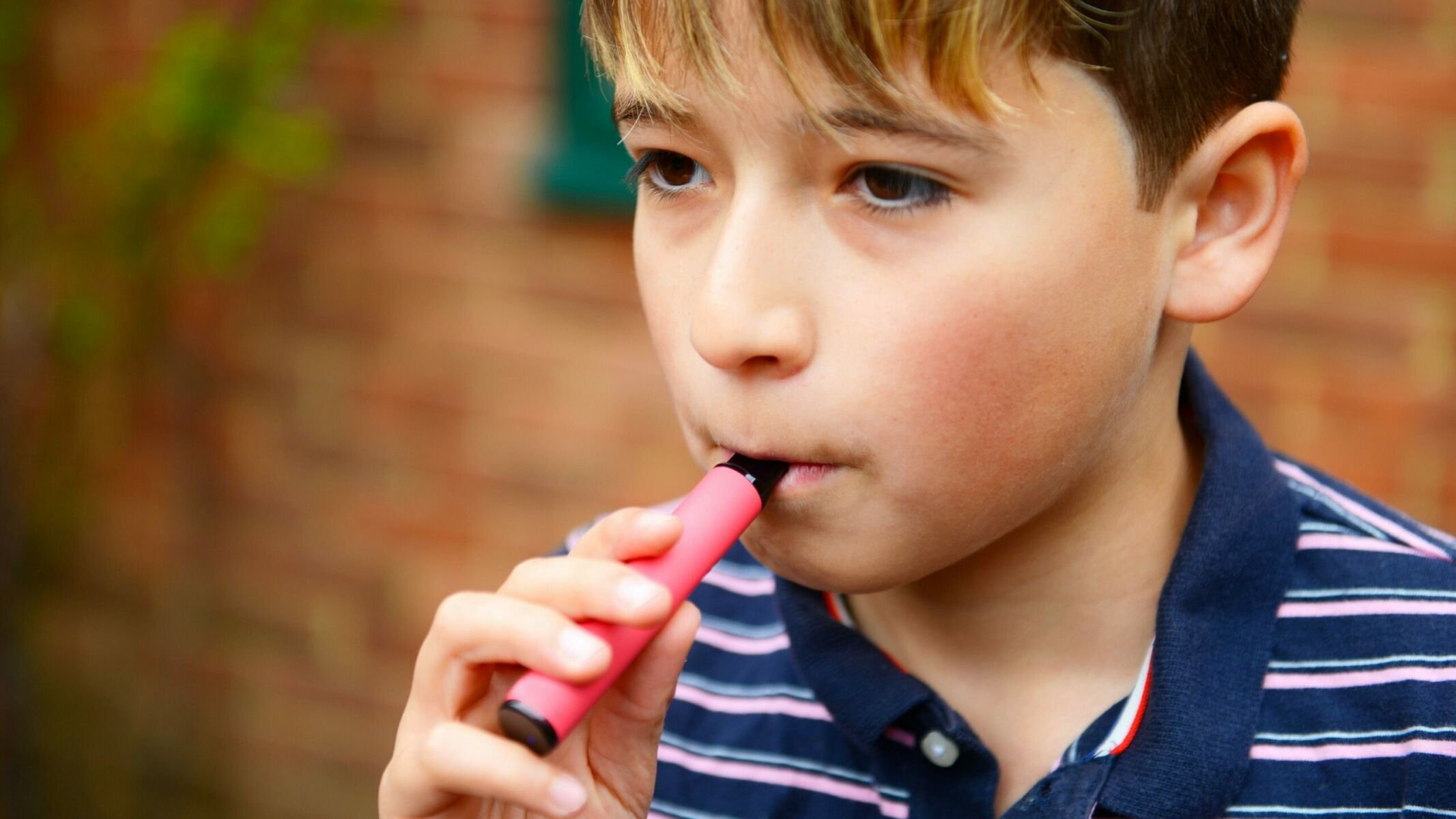Puff the magic danger: Letting kids vape could land you in hot water

Allowing your little ones to puff away on e-cigarettes or even just breathing in that vapour at home might land you in hot water warned a government official. Child health and rights experts are sounding the alarm, warning that such actions could be a serious breach of child protection laws.
Sapphasit Khumpraphan, a member of the National Child Protection Committee, called for a major push in public campaigns to spotlight the perils of vaping and second-hand vapour.
“Vaping or cigarette smoking at home causes children to be exposed to and inhale second-hand vapour, which could be deemed a form of domestic violence.”
Waraphon Phongphanitanon, an expert with the Department of Women’s Affairs and Family Development, confirmed that vaping at home violates the Child Protection Act 2003 and could also be interpreted as domestic violence under the Domestic Violence Victims Protection Act 2007.
Professor Dr Suwanna Ruangkanchanasetr, deputy director of the Tobacco Control Research and Knowledge Management Centre (TRC), stressed that families need to understand the child protection law and recognise the importance of protecting children from the dangers of vaping.
She called for stronger government action to shield Thailand’s children from vaping hazards through rigorous enforcement of the law banning the import and sale of e-cigarettes in the country.
Responding to social media videos showing parents allowing their kids to vape under the misconception that it is safe, Associate Professor Adisak Pliponkarnpim, a member of the Royal College of Paediatricians of Thailand and director of the National Institute for Child and Family Development (NICFD) at Mahidol University, clarified that vape juice contains nicotine, which is addictive.
“Vaping stimulates the secretion of the ‘happy hormone’ dopamine, making vapers feel relaxed initially. However, nicotine also causes blood vessels to constrict, inducing inflammation and free radicals.”
He further warned that vaping in both adults and children could lead to a severe medical condition known as e-cigarette or vaping use-associated lung injury (EVALI).
“Vaping in children, especially, could impact development from pregnancy until 25 years of age. More concerning is the potential for child vaping to serve as a gateway to cigarette smoking and drug addiction in later life.”
Dr Adisak also highlighted findings from the American Heart Association, which indicated that second-hand vapour contributes to a higher frequency of respiratory inflammation in individuals exposed to the vapour produced by vapers within the same family, reported Bangkok Post.
Latest Thailand News
Follow The Thaiger on Google News:


























